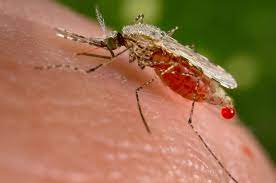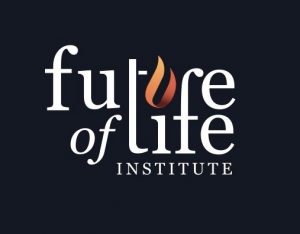Contents
FLI April 2021 Newsletter

Policy & Outreach Efforts
Exciting Updates to the FLI Website!
Thanks to the tireless efforts of Anna Yelizarova and Meia Chita-Tegmark, there have been some exciting updates to our website! We have a new and improved homepage as well as new landing pages for each of our four areas of focus; AI, biotechnology, nuclear weapons and climate change. Our hope is that these changes will make the site easier to navigate and the educational resources easier to access for both historical and new visitors.
 European Commission releases its proposal for a comprehensive regulation of AI systems
European Commission releases its proposal for a comprehensive regulation of AI systems
The European Commission has published its long-awaited proposal for a comprehensive regulation of AI systems. It recommends that systems considered a clear threat to the safety, livelihoods and rights of EU citizens be banned, including systems or applications that manipulate human behaviour, and that other “high risk” systems be subject to strict safety requirements. If adopted by the European Parliament, these regulations would apply across all the member states of the European Union.
Having actively participated in the Commission’s debate about future AI governance, our policy team is looking forward to reviewing and providing feedback on the proposal at the earliest opportunity.
FLI’s Ongoing Policy Efforts in the U.S.
The U.S. Congress has introduced a number of bills that would dramatically reform U.S. government funding for research and development. We continue to support policymakers as they evaluate how to advance innovation in emerging technologies while being attuned to safety and ethical concerns. This builds on the work FLI did to support the National AI Initiative Act that passed last December.
New Podcast Episodes
Jaan Tallinn on Avoiding Civilizational Pitfalls and Surviving the 21st Century

In this episode of the Future of Life Institute Podcast, Lucas Perry is joined by Jaan Tallinn, an investor, philanthropist, founding engineer of Skype and co-founder of the Future of Life Institute and the Centre for the Study of Existential Risk.
“AI is the only meta-technology such that if you get AI right, you can fix the other technologies.”
Jaan explains why he believes we should prioritise the mitigation of risks from artificial intelligence and synthetic biology ahead of those from climate change and nuclear weapons, why it’s productive to think about AI adoption as a delegation process and why, despite his concern about the possibility of unaligned artificial general intelligence, he continues to invest heavily in AI research. He also discusses generational forgetfulness and his current strategies for maximising philanthropic impact, including funding the development of promising software.
 Joscha Bach and Anthony Aguirre on Digital Physics and Moving Towards Beneficial Futures
Joscha Bach and Anthony Aguirre on Digital Physics and Moving Towards Beneficial Futures
Joscha Bach, cognitive scientist and AI researcher, and Anthony Aguirre, UCSC Professor of Physics and FLI co-founder, come together to explore the world through the lens of computation and discuss the difficulties we face on the way to beneficial futures.
In this mind-blowing episode, Joscha and Anthony discuss digital physics, the idea that all quantities in nature are finite and discrete, making all physical processes intrinsically computational, and the nature of knowledge and human consciousness. In addition, they consider bottlenecks to beneficial futures, the role mortality plays in preventing poorly aligned incentives within institutions and whether competition between multiple AGIs could produce positive outcomes.
Reading & Resources
 Malaria vaccine hailed as potential breakthrough
Malaria vaccine hailed as potential breakthrough
The Jenner Institute at the University of Oxford announces that a newly developed malaria vaccine proved to be 77% effective when trialled in 450 children in Burkina Faso.

